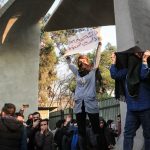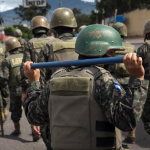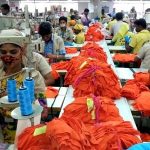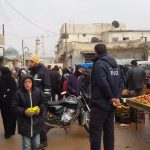
Tuesday, January 3, 2018: the commander of the Iranian Pasdaran (Guards of the Revolution), Mohammad Ali Jafari, broke the news: “The revolt in Iran has been defeated”. This week of protests, clashes, violence and arrests will leave a long trace, marking the present and the future of the country. In the last week in Iran tens…














